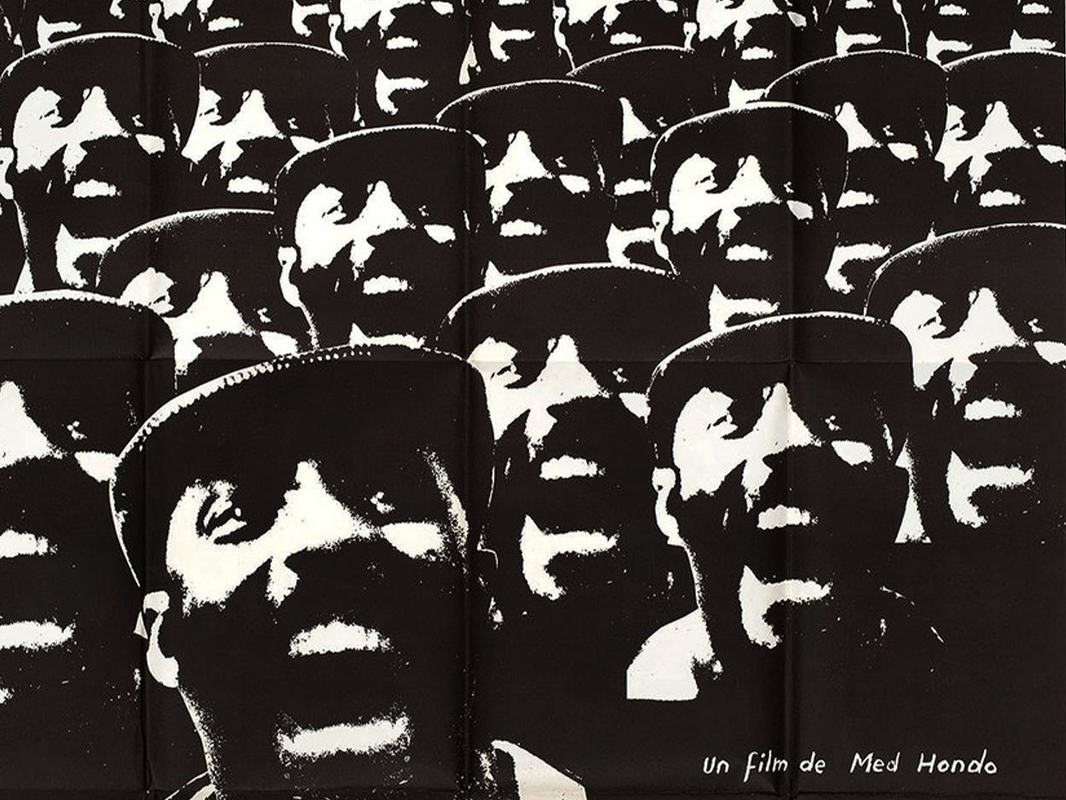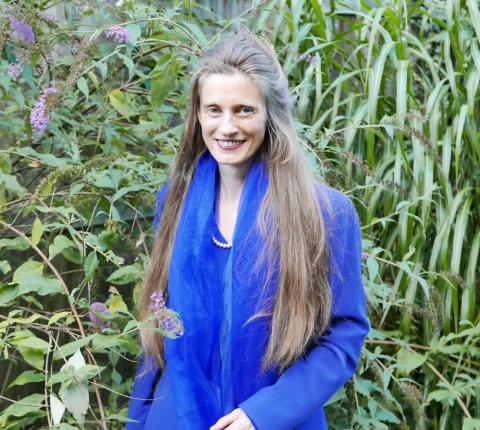HUMS 229, Latin American Languages of Liberation: The Long Sixties

Course Description
This is a multi-media seminar that studies the Latin American cultural and political discourses of liberation throughout the sixties, with an eye at assessing their legacy today. While the language that characterized the foundation of the nation-states in the 19th century was emancipation, in the second part of the twentieth century, and particularly around 1968, Latin America embraced the world discourse of liberation. This seminar examines languages of liberation in an array of disciplines and artistic practices from South and Central America as well as the Caribbean. We explore regional debates that were also inserted in the larger discourse of the anti-colonial struggles of the global South. Topics include Philosophy of liberation (Dussel), Theology of liberation (the 1968 Council of Bishops in Medellin, Colombia), Theater of the oppressed (Boal), Pedagogy of the oppressed (Freire), Cinema of liberation (manifestos of Third Cinema), the New Song protest movements across the region (both Spanish and Portuguese American music), anti-colonialism in the Caribbean (Césaire, Fanon), anti-neocolonialism (dependency theory, internal colonialism), Indigenous liberation (from the Barbados declarations to the Lacandon jungle declarations), experimental “boom” literature (Cortázar) etc.
Led by:
|
|
Professor Moira Fradinger is Associate Professor in the department of Comparative Literature. She grew up in four South American countries: Argentina, Uruguay, Peru and Venezuela. A native speaker of Spanish, she is also proficient in French, Italian and Portuguese. Before her academic life in the USA, she had started her career as a psychologist in Argentina, working in clinical practice with patients living with psychosis in public hospitals. She participated in the anti-asylum movement and she was also a professional staff member in the National Ministry of Health and Social Action at the Under-Secretary for Women’s Affairs and taught at the University of Buenos Aires. She joined Yale first as a graduate student, and then as an Assistant Professor in 2005 in Comparative Literature. |
